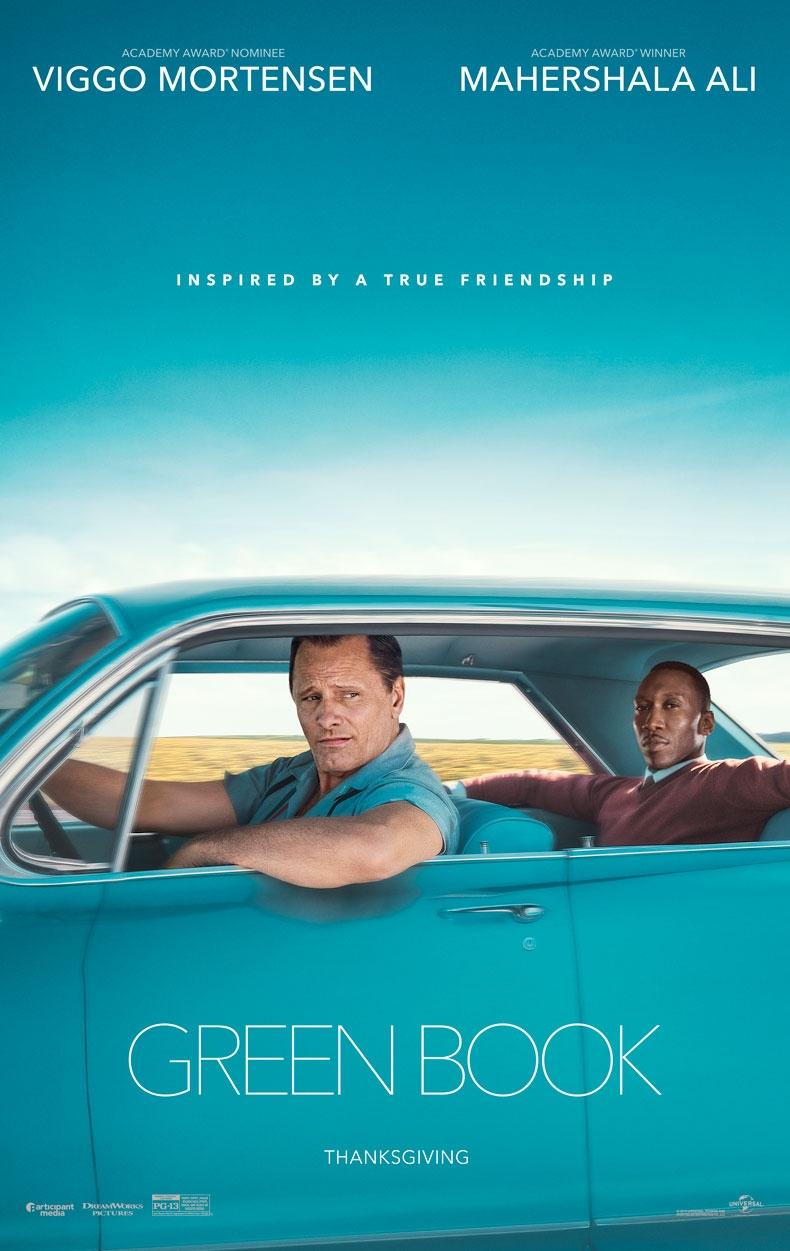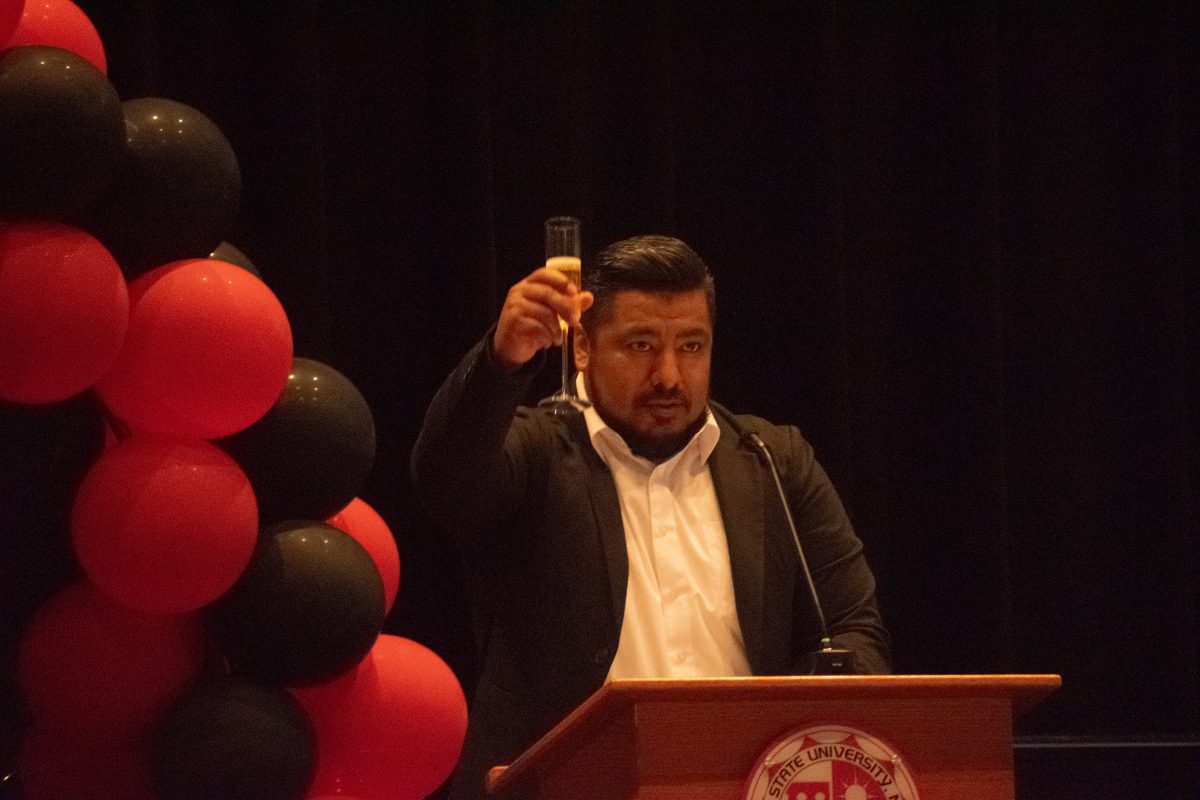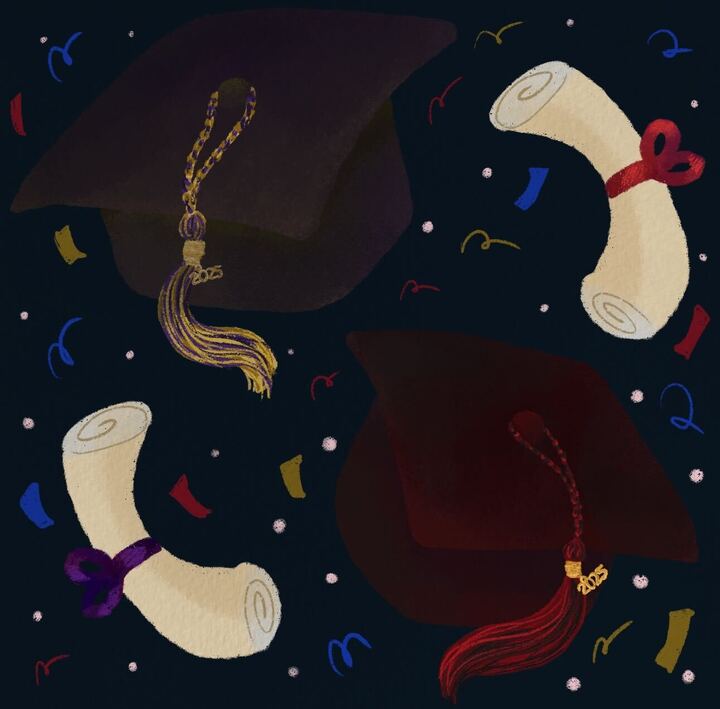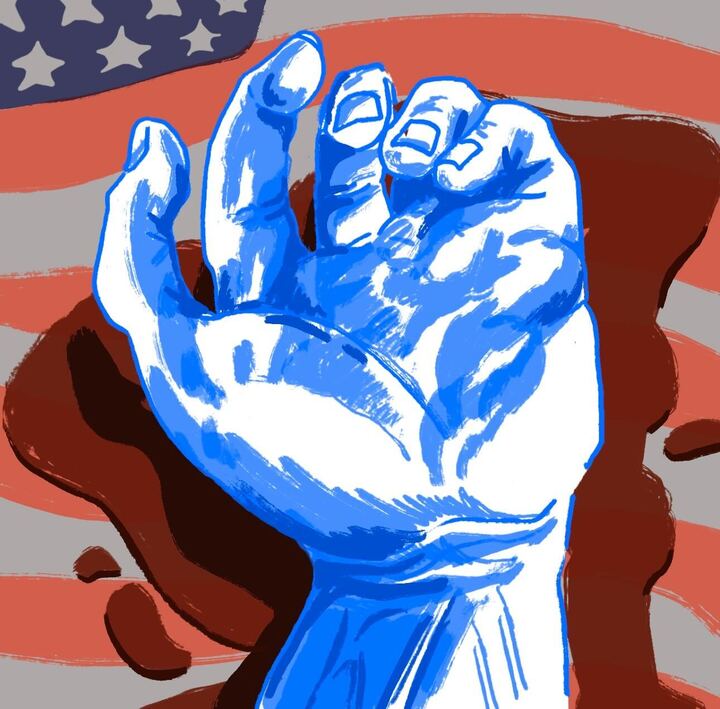“The Negro Motorist Green Book,” commonly nicknamed “The Green Book,” was published by an African-American mailman by the name of Victor Hugo Green in 1936, during the era of Jim Crow Laws.
In response to pervasive racial discrimination that could prove to be fatal, Green published the book as a guide to African-American friendly businesses that expanded from the New York area to a good portion of North America.
Once it became legal for African-Americans to purchase automobiles, many of them took to driving to avoid the issue of segregation in public transportation.
However, this newfound “freedom” came with a multitude of new xenophobic concerns. African-American travelers were refused service (such as hotel accommodations, vehicle repairs, etc.) from white business owners and threatened with violence in what was known as “sundown towns.”
During the era of segregation, “sundown towns” were known as a whites-only neighborhood or municipalities. The term “sundown towns” developed from signs posted throughout the area that “colored people” had to leave the town by sundown or be subjected to physical intimidation and violence.
“The Green Book” was utilized as a secret within the African-American community and was published to allow black travelers to find lodgings, businesses and gas stations that would serve them throughout their excursions in America.
But this is not what the film “Green Book” is about.
“Green Book,” starring Mahershala Ali and Viggo Mortensen, recently won best picture at the 2019 Oscars. Titled after the namesake of the black traveler’s bible, the latest movie centers on the (very incorrect) friendship between Dr. Don Shirley (a world-class pianist, played by Ali) and his chauffeur, Frank “Tony Lip” Vallelonga (played by Mortensen).
The white savior complex is not a new phenomenon and it is something utilized in order to make racism much more palatable to the white audience. “Green Book,” for example, portrays Lip as an Italian-American absolutely disgusted by blackness, but somehow agrees to drive around the educated and talented Shirley.
Shirley, of course, is another example of making blackness suitable for the white audience. Instead of playing along to the negative stereotypes — or, in fact, being truthful to the black American experience — “Green Book” (written by a white man) portrays Shirley as the so-called “oreo,” a derogatory term used for blacks when it is assumed that they are connecting more with their white counterparts.
Despite the title, “Green Book” does not focus on the handy document meant for black travelers throughout the Jim Crow era. And despite the educated, world-class pianist, “Green Book’s” director, Peter Farrelly, and producer and co-writer Nick Vallelonga, decide to shift the movie’s focus to Lip, a begrudging racist that turns a little less racist thanks to the unlikely friendship between him and a black man. Hollywood actually allowed a racist white man to tell a story about an African-American.
Lip, though a racist, is caught berating Shirley (who has three doctorates) on his distancing from black culture (i.e. not knowing who Little Richard is and not eating fried chicken). Lip is portrayed as what we could only conclude as a “harmless racist” because he is ignorant and lacks the depth and understanding that comes from a formal relationship with a black person.
Lip is the bridge between Shirley and his lack of partnership with being black. And despite being a begrudging racist (that throws away cups used by non-white people in his home), it is Lip who helps Shirley embrace his culture.
Lip protects Shirley from physical violence, teaches him not to count his money in a public space, saves Shirley from prosecution after he was caught engaging in sexual activity at the YMCA with a white man, and it is Lip who ensures that Shirley never goes out alone in the South without Lip there to protect him.
Lip, despite being a fucking racist, is proven as the white savior in this story because racism is much easier to swallow when it can be solved with a fairy-tale ending. Being a white savior means it’s one step closer to allowing white people to balance out their history of colonialism and forced slavery.












